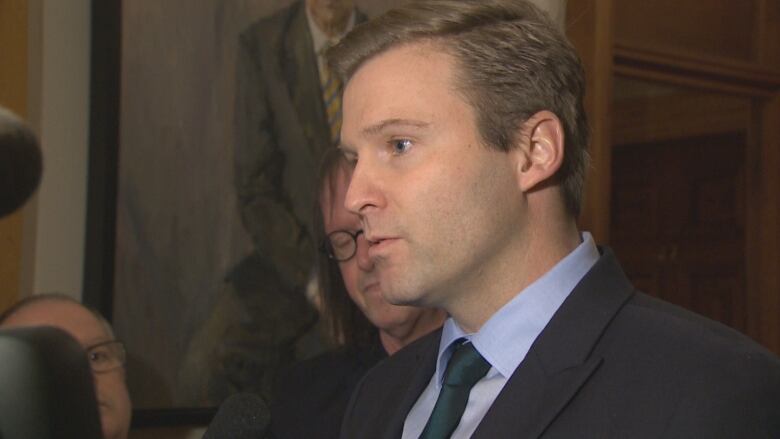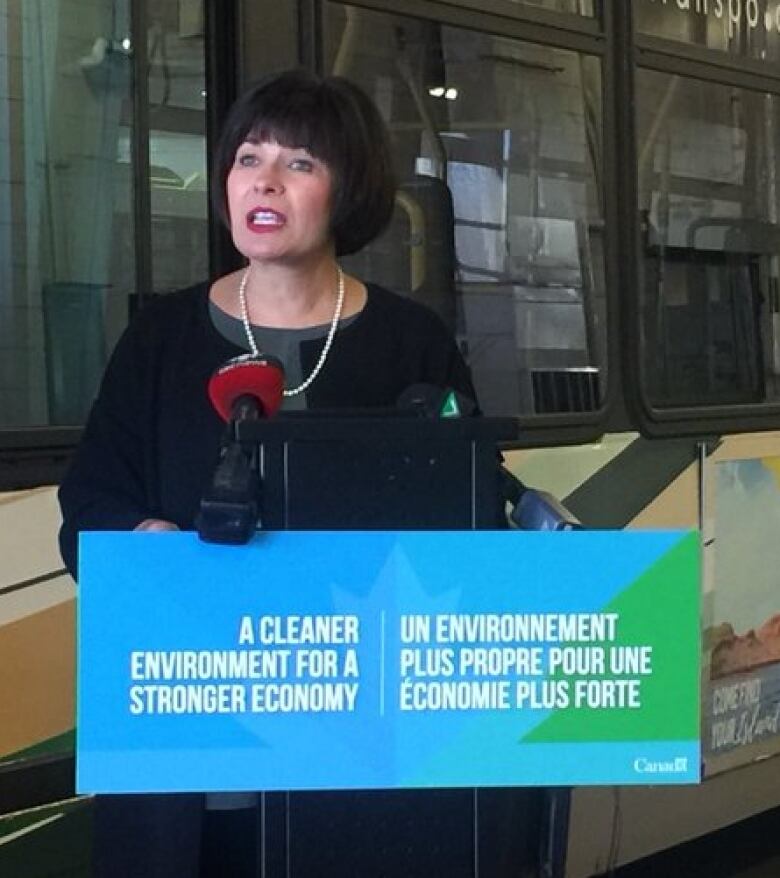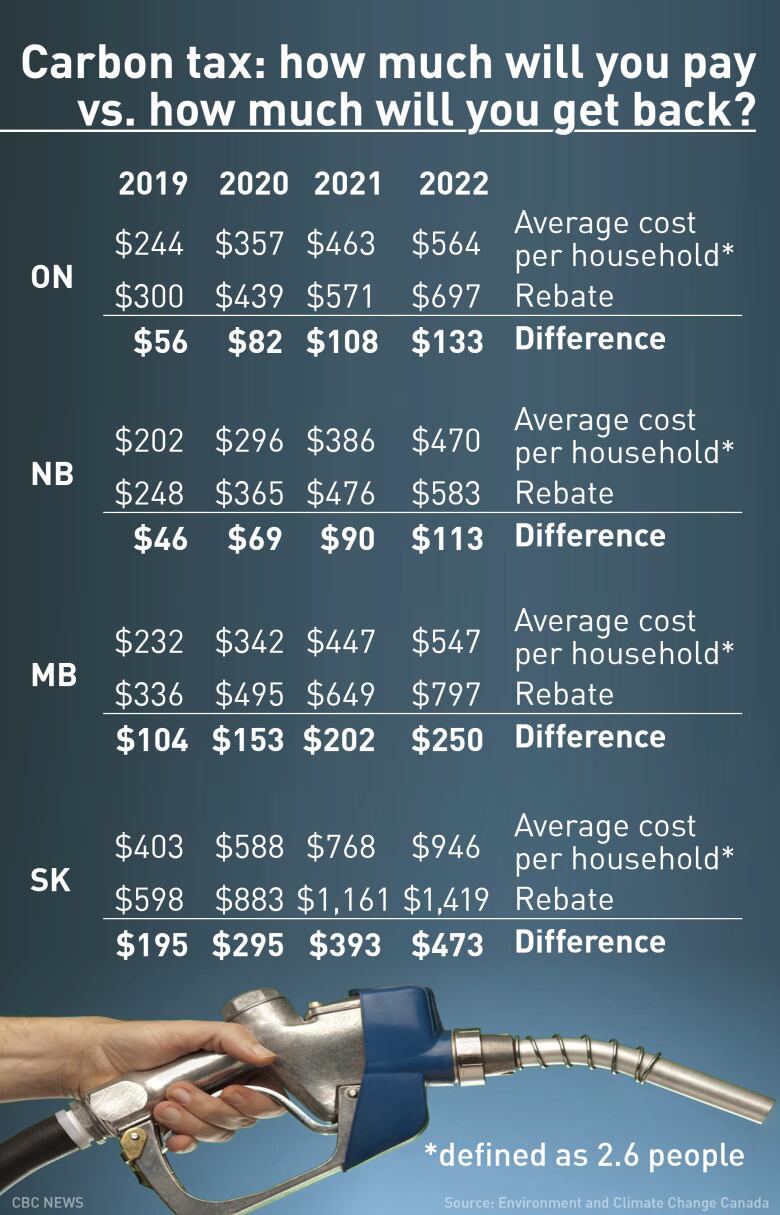Gallant Liberals ponder legal options after Ottawa rejects province's carbon tax
Were not backing down until were told theres nothing else we can do, Gallant says

Premier Brian Gallant says his government is considering all its options, including legal action, to defend its carbon tax plan after Ottawa deemed it non-compliant and announced it will impose a federal levy.
New Brunswick is one of four provinces that were found non-compliant with federal standards, the Trudeau government announced Tuesday. Federal Health Minister Ginette Petitpas Taylor said in Monctonthat the provincial plan wouldn't sufficiently lead to emission reductions.

On Wednesday, Gallant said he was "very disappointed" with the ruling and he will be briefed by the Department of Environment and Local Government on how to fight back or "rejig" the plan.
"We'll consider all options, including legal ones, if there's any ground to stand on," Gallant told reporters after question period in the legislature.
"We're not backing down until we're told there's nothing else we can do."
Gallant made no mention of joining the constitutional challenge from Ontario and Saskatchewan, both of which will see Ottawa impose its price on carbon Jan. 1. Manitoba is the other non-compliant province.
'Our plan did that'
The New Brunswick Liberals' plan would follow federal targets for heavy emitters but spare consumers a new tax. Instead, the plan proposes redirecting 2.3 cents of the existing 15.5-cent-per-litre gas tax revenue into a fund for climate change projects.
The share of the gas tax would rise each year until 2022, reaching 11.6 cents out of 15.5.
"We certainly believe fighting climate change is important," Gallant said. "We need to protect our environment for the next generation, but we need to do it in a way that we're ensuring economic growth for the province and that we're helping New Brunswick families who are struggling to get ahead.
"Our plan did that."
The premier said it's important to protect consumers as New Brunswickers pay one of the highest taxes on gas in the country.
The Gallant Liberals raised gasoline and diesel taxes in 2015 to offset slumping fuel prices, but the government has yet to revisit the issue after the markets rebounded.
Rebates for citizens
The federal plan will return 90 per cent of the revenue from the carbon tax to the province through rebates to citizens. The federal Liberals said the rebates will be, in most cases, higher than the extra costs incurred annually from a carbon tax.

The federal levy of $20 a tonne for large emitters begins Jan. 1 and would rise to $50 in 2022. A levy on fuel will be added in April.
The new tax system will impose the cost on fuel and production and distribution companies, which in turn will be passed along to consumers buying gasoline, natural gas and home heating.
The price of gas would increase 4.42 cents per litre in 2019, while natural gas used to heat a home would increase 3.91 cents per cubic metre, according to figures provided by the federal government.
The remaining 10 per cent would be directed to a fund to help pay for schools, hospitals, small and medium-sized businesses, municipalities, non-profit organizations and Indigenous communities to reduce their energy use.
With files from Jacques Poitras and Shane Magee












_(720p).jpg)


 OFFICIAL HD MUSIC VIDEO.jpg)
.jpg)



























































































